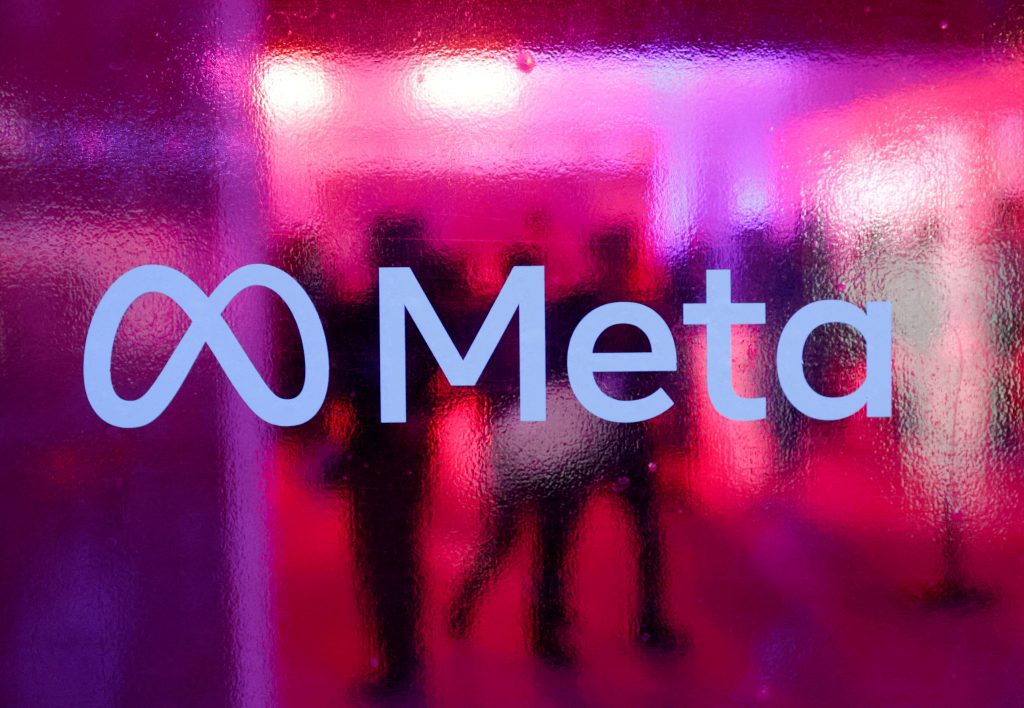
On Tuesday, the governance entity of Meta, albeit bankrolled by the tech behemoth yet asserting its independence, issued a clarion call for Meta to rescind the sweeping prohibition of the Arabic term “shaheed,” translating to “martyr” in English. This appeal followed a meticulous annual review which cast Meta’s policy as excessively broad and culpable for stifling the expression of countless users.
The board articulated that Meta should only expunge posts featuring “shaheed” when they unmistakably glorify violence or contravene other established Meta norms.
This decree emerges in the wake of prolonged rebukes aimed at Meta’s content regulation practices, particularly concerning Middle Eastern affairs. A 2021 inquiry, initiated by Meta, unveiled that such practices had detrimentally affected the human rights of Palestinians and other Arabic speakers on its platforms.
Amidst the escalating conflict between Israel and Hamas since October, various rights entities have censured Meta for allegedly curtailing content that favors Palestinians on its platforms like Facebook and Instagram, all against the somber tableau of a conflict that has claimed thousands of lives in Gaza post the fatal incursions by Hamas into Israel on October 7.
Echoing these concerns, the Meta Oversight Board in its Tuesday report adjudged that Meta’s policies on “shaheed” neglected the term’s semantic breadth, thereby leading to the unwarranted deletion of content not intended to laud violence.
Helle Thorning-Schmidt, co-chair of the Oversight Board, criticized Meta’s presumptive correlation between censorship and enhanced safety, arguing that such measures could instead sideline entire communities without bolstering security.
Meta, adhering to its guidelines, currently eliminates any content that employs “shaheed” in contexts that it believes glorify individuals affiliated with its categorized ‘dangerous organizations and individuals,’ encompassing Islamist militants, drug syndicates, and white supremacist factions.
The discourse around “shaheed” predominantly involves entities like Hamas, which Meta categorizes under ‘dangerous organizations.’
Prompted by internal deliberations that commenced in 2020 yet faltered in consensus, Meta solicited insights from the board last year, acknowledging the significant role “shaheed” played in its content moderation processes.
Meta, through a spokesperson, assured a forthcoming review of the board’s recommendations, pledging a response within a 60-day timeframe.
Inside Telecom provides you with an extensive list of content covering all aspects of the tech industry. Keep an eye on our Tech sections to stay informed and up-to-date with our daily articles.